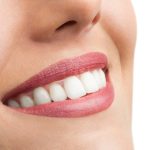Ultimate Guide: How to Clean Wisdom Teeth for Healthy Oral Hygiene
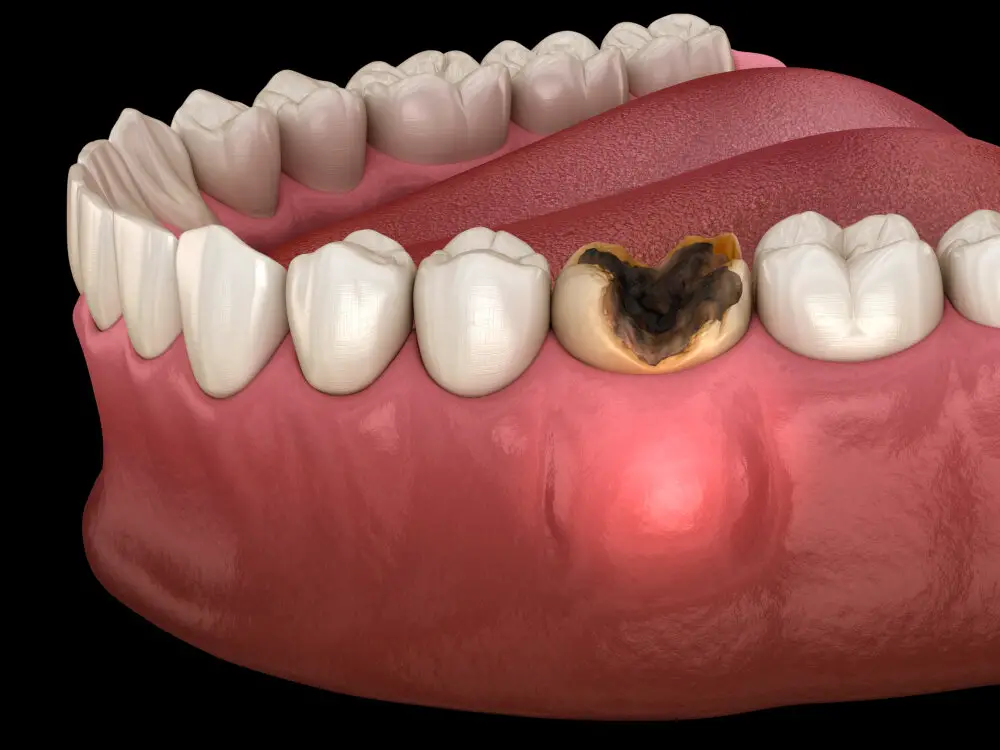
Taking care of your oral hygiene is an essential aspect of maintaining your overall health. Your teeth are an integral part of your mouth, and they require regular cleaning and care to keep them healthy and strong. Wisdom teeth, in particular, can be tricky to keep clean due to their location at the back of your mouth. These teeth are the third molars that typically emerge in your late teens or early twenties, and they can cause problems if not adequately cleaned. Proper cleaning of your wisdom teeth is essential to prevent dental issues such as decay, gum disease, and infections. The ultimate guide on how to clean wisdom teeth for healthy oral hygiene will provide you with practical tips and insights on how to keep your teeth clean and healthy. This guide covers everything you need to know about wisdom teeth, including their function, when they emerge, and the best ways to clean them. You will also learn about the common dental issues associated with wisdom teeth and how to prevent them. By following the tips in this guide, you can ensure that your wisdom teeth remain healthy and strong, and you maintain excellent oral hygiene.
Maintaining healthy wisdom teeth is crucial to one’s overall oral health. Wisdom teeth, also known as third molars, are the last set of teeth to emerge and are located at the back of the mouth. If these teeth are not cleaned properly, plaque and bacteria can accumulate, leading to gum disease, tooth decay, and even infections that can spread to other parts of the body. In some cases, wisdom teeth can also become impacted, which can cause pain and discomfort. Regular cleaning and maintenance of wisdom teeth can prevent these issues, ensuring that one’s oral health remains in top condition.
The Ultimate Guide How to Clean Wisdom Teeth for Healthy Oral Hygiene is an informative article that provides readers with a comprehensive overview of the best practices for maintaining oral hygiene. The guide focuses specifically on cleaning wisdom teeth, which can be challenging due to their location at the back of the mouth. The article covers a range of topics, including the importance of cleaning wisdom teeth, the tools and techniques needed for effective cleaning, and tips for preventing oral health problems. The information is presented in a clear and concise manner, making it easy for readers to understand and implement. Overall, this guide is an invaluable resource for anyone looking to improve their oral hygiene and maintain healthy teeth and gums.
Understanding Wisdom Teeth
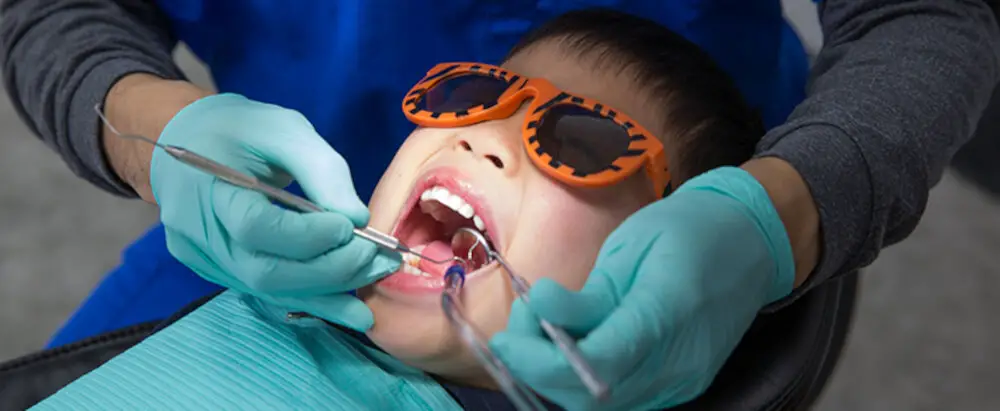
Wisdom teeth, also known as third molars, are the last set of teeth to emerge in an adult’s mouth. They usually appear between the ages of 17 and 25, but some people may not develop them at all. These teeth can cause a variety of problems if they do not grow in properly, such as impaction, infection, and crowding. It is important to understand the role of wisdom teeth in oral health and how to care for them properly to avoid these issues. While wisdom teeth can be helpful for chewing and grinding food, they can also be a hindrance to oral health. If they do not emerge fully or grow in at an angle, they can become impacted, causing pain and swelling. Wisdom teeth that are partially erupted can also be difficult to clean, leading to infection and decay. In some cases, wisdom teeth can even push other teeth out of alignment, causing crowding and shifting. Regular dental check-ups can help monitor the growth and development of wisdom teeth, and a dentist may recommend removal if they are causing problems. However, with proper care and maintenance, healthy wisdom teeth can be a valuable asset to oral health.
Wisdom teeth, also known as third molars, are the final set of teeth to emerge in the mouth, usually during the late teenage years or early adulthood. These teeth are located at the back of the mouth, one on each side, and are the largest teeth in the mouth. While some people may not develop wisdom teeth at all, others may have up to four, including one in each corner of the mouth. Wisdom teeth can be extremely painful if they are impacted or grow in at an angle, leading to infections, swelling, and even damage to surrounding teeth. As such, it is important to maintain good oral hygiene and keep these teeth clean to prevent any complications.
Wisdom teeth, also known as third molars, are the last set of teeth to emerge in the mouth, usually between the ages of 17 and 25. While some people may not experience any issues with their wisdom teeth, others may develop problems such as impaction, infection, or overcrowding. Impacted wisdom teeth can cause pain, swelling, and infection, and can also damage nearby teeth and gums. Infection can also occur if there isn’t enough space in the mouth for the wisdom teeth to emerge properly, leading to swelling, pain, and even difficulty opening the mouth. Overcrowding can cause misalignment of the teeth, which can lead to bite problems and even affect facial appearance. Therefore, it is important to maintain good oral hygiene and visit a dentist regularly to monitor the health of your wisdom teeth.
Signs of Wisdom Teeth Problems
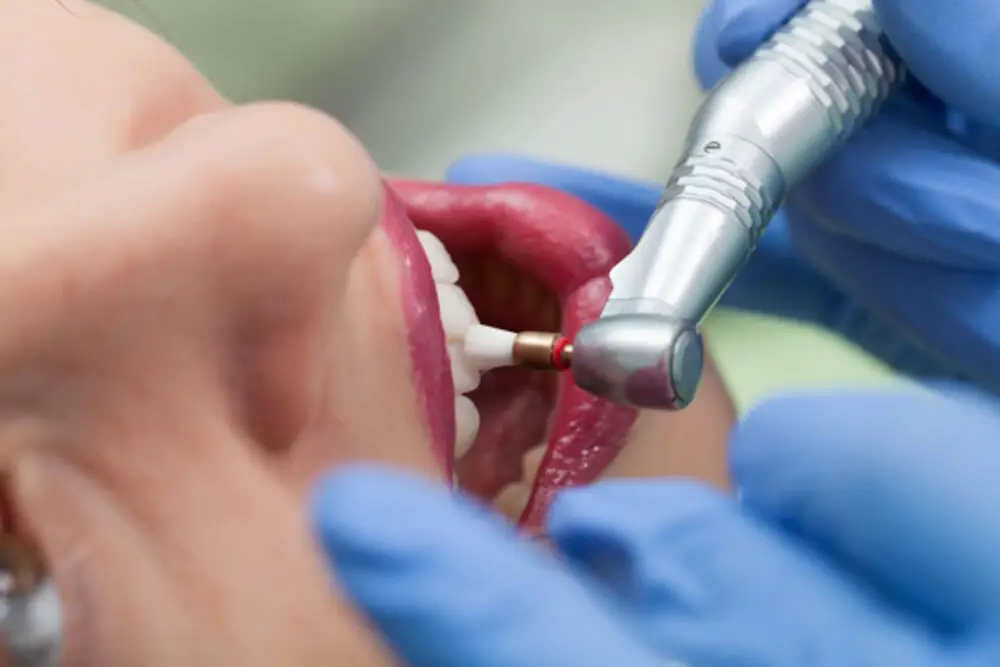
Wisdom teeth, also known as third molars, are the last set of teeth to grow and usually emerge between the ages of 17 and 25. While some people may not experience any issues with their wisdom teeth, others may face problems such as pain, infection, and impaction. It is essential to recognize the signs of wisdom teeth problems to prevent further complications. One of the most common symptoms of wisdom teeth problems is pain in the back of the mouth or jaw. This pain may be constant or intermittent and can range from mild to severe. The pain may also be accompanied by swelling and tenderness in the gums. If you experience pain in your mouth or jaw, it is crucial to seek dental care immediately. Another sign of wisdom teeth problems is difficulty opening your mouth or chewing. This may be due to swelling in the gums or the tooth itself pressing against other teeth. You may also experience bad breath or a bad taste in your mouth due to food particles getting trapped in the area around the impacted wisdom tooth. If left untreated, wisdom teeth problems can lead to infection, decay, and damage to nearby teeth. Regular dental check-ups and x-rays can help identify any issues with your wisdom teeth early on, allowing for prompt treatment and preventing future complications.
Common symptoms associated with wisdom teeth include pain, swelling, and infection. As wisdom teeth grow in, they can cause discomfort and pressure in the surrounding gums and teeth. In some cases, they may become impacted, meaning they don’t fully emerge from the gums, which can cause even more pain and inflammation. If left untreated, wisdom teeth can also lead to gum disease and tooth decay. Other symptoms of wisdom tooth problems include bad breath, difficulty opening the mouth, and a bad taste in the mouth. It’s important to maintain good oral hygiene and regularly visit a dentist to address any issues with wisdom teeth before they become more serious.
Regular visits to the dentist are an essential part of maintaining good oral hygiene. It is recommended to see a dentist at least twice a year for routine check-ups and teeth cleanings. However, there are certain signs that you should not ignore, such as tooth pain, sensitivity, bleeding gums, bad breath, or any unusual growths or lumps in your mouth. These symptoms may indicate underlying dental issues that require immediate attention from a dentist. Additionally, if you have wisdom teeth, it is important to see a dentist regularly to monitor their growth and ensure they are not causing any problems. So, don’t wait until it’s too late, schedule an appointment with your dentist today to keep your oral health in check.
Tips for Cleaning Wisdom Teeth
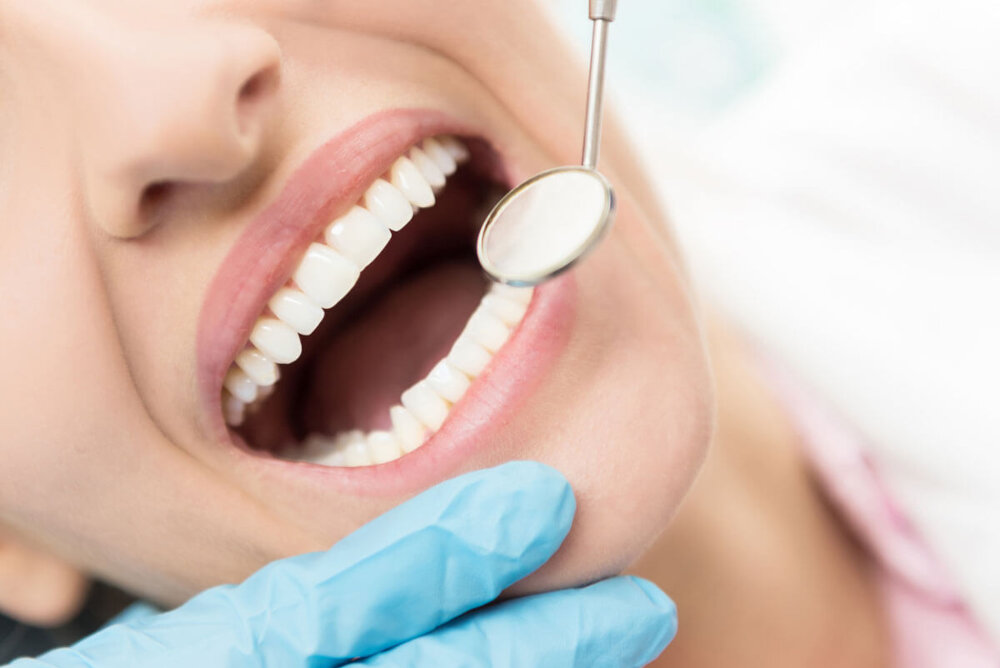
Keeping your wisdom teeth clean is an essential part of maintaining optimal oral hygiene. Neglecting to clean your wisdom teeth properly can lead to a variety of dental issues, such as gum disease, tooth decay, and bad breath. Here are some tips to help you clean your wisdom teeth effectively. Firstly, it’s essential to brush your teeth twice a day, using a soft-bristled toothbrush and fluoride toothpaste. Brushing your teeth helps to remove the food particles and plaque that can accumulate on and around your wisdom teeth. You should also floss your teeth at least once a day, paying particular attention to the areas between your wisdom teeth and other teeth. Consider using an interdental brush or a water flosser to remove any remaining debris from hard-to-reach areas. Additionally, regularly using mouthwash can help to kill bacteria and freshen your breath. By following these tips, you can keep your wisdom teeth clean and healthy for years to come.
Proper brushing techniques are crucial for maintaining good oral hygiene and preventing dental problems. It is recommended to brush your teeth twice a day for at least two minutes each time. To clean wisdom teeth, use a soft-bristled toothbrush and fluoride toothpaste. Start by brushing the outer surfaces of your teeth, holding the brush at a 45-degree angle to your gums. Use gentle circular motions to remove plaque and food particles. Then, brush the inner surfaces of your teeth and the chewing surfaces. Don’t forget to brush your tongue and roof of your mouth to remove bacteria and freshen your breath. Rinse your mouth with water after brushing, and replace your toothbrush every three to four months. By following these proper brushing techniques, you can keep your wisdom teeth and entire mouth healthy.
Flossing is a crucial step in maintaining healthy oral hygiene, especially when it comes to cleaning wisdom teeth. Wisdom teeth are located at the back of the mouth, making them difficult to reach with a toothbrush alone. Flossing helps to remove any food particles or plaque that may be stuck in between the teeth, preventing the buildup of harmful bacteria that can lead to cavities or gum disease. In addition to promoting good oral health, flossing can also improve overall health by reducing the risk of heart disease, respiratory infections, and other health issues linked to poor oral hygiene. Therefore, incorporating flossing into your daily oral care routine is essential for maintaining healthy, clean teeth and gums.
Mouthwash is a popular oral hygiene product that can be used to clean wisdom teeth and improve overall oral health. It contains various active ingredients such as fluoride, essential oils, and antimicrobial agents that help fight against bacteria, tooth decay, and bad breath. Mouthwash can also help reduce inflammation and gum disease by killing harmful bacteria in the mouth. However, it is important to choose a mouthwash that is appropriate for your specific oral health needs and to use it as directed. Mouthwash is not a substitute for brushing and flossing, but can be a valuable addition to your daily oral hygiene routine.
Foods to Eat and Avoid

When it comes to maintaining healthy oral hygiene, the foods that you eat can play a significant role in keeping your teeth and gums in great condition. Eating a balanced diet rich in nutrients can help to strengthen your teeth and gums, while avoiding certain foods can help to prevent tooth decay, gum disease, and other dental problems. Some of the best foods to eat for healthy oral hygiene include fresh fruits and vegetables, lean proteins, dairy products, and whole grains. These foods are rich in vitamins, minerals, and other essential nutrients that can help to protect your teeth and gums from damage, decay, and infection. On the other hand, there are certain foods that you should avoid if you want to maintain healthy oral hygiene. Sugary foods and drinks such as candy, soda, and other sweets can be particularly damaging to your teeth, as they create an acidic environment in your mouth that can erode your tooth enamel and lead to cavities and other dental problems. Additionally, acidic foods and drinks such as citrus fruits, tomatoes, and coffee can also be harmful to your teeth and gums, as they can weaken your tooth enamel and irritate your gums. By avoiding these foods and beverages and focusing on a healthy, balanced diet, you can help to keep your teeth and gums healthy and strong for years to come.
Maintaining good oral hygiene is crucial in preventing tooth decay and gum disease. Along with brushing and flossing, consuming certain foods can promote oral health. Foods rich in calcium, such as cheese and milk, help strengthen teeth and bones. Crunchy fruits and vegetables, like apples and celery, are beneficial as they stimulate saliva production and act as natural abrasives, removing plaque and food particles. Foods that contain vitamin C, like citrus fruits and strawberries, promote healthy gums, while green tea and cranberries contain antioxidants that can reduce inflammation. Incorporating these foods into your diet can help maintain healthy teeth and gums, and ultimately, promote better oral hygiene.
Wisdom teeth are the last set of molars that emerge in the back of your mouth and can cause a lot of discomfort if they are not taken care of properly. Foods that are hard, sticky or chewy can cause damage to your wisdom teeth and exacerbate the pain. Avoiding foods like popcorn, nuts, candy, and hard bread crusts can help prevent damage to your wisdom teeth. Sticky foods like caramel, taffy, and gummy candy can also be problematic because they can get stuck in the crevices of your teeth, making it difficult to clean them properly. Opting for soft foods such as mashed potatoes, soup, and yogurt can help you heal more quickly and reduce the chances of damaging your wisdom teeth.
Healthy wisdom teeth are an essential part of maintaining good oral health. These teeth are located at the back of the mouth and typically emerge between the ages of 17 and 25. When they come in correctly, they can help to improve chewing and overall dental function. However, if they become impacted, they can cause a range of problems, including pain, swelling, and infection. It is important to keep wisdom teeth clean through regular brushing and flossing, as well as regular dental checkups. This can help to prevent a range of oral health issues and ensure that your wisdom teeth remain healthy for years to come.
Maintaining clean wisdom teeth is essential for maintaining good oral hygiene. Regular brushing and flossing of the teeth is necessary, and it is also important to use mouthwash to kill the bacteria that cause bad breath and gum disease. Using a soft-bristled toothbrush can help prevent injury to the gum tissue. When brushing, it is important to clean all surfaces of the teeth, including the back of the molars and wisdom teeth. Additionally, avoiding sugary and acidic foods and drinks can help prevent decay and keep the teeth healthy. Ultimately, taking good care of your wisdom teeth can help prevent painful infections, gum disease, and other dental problems.
Regular dental checkups are essential for maintaining healthy teeth and gums. It is recommended that you visit your dentist at least twice a year, even if you are not experiencing any oral health issues. These routine checkups allow your dentist to catch any potential problems early on, before they become more serious and require more extensive treatment. Additionally, a dental cleaning during these checkups can help remove plaque and tartar buildup that cannot be easily removed with at-home brushing and flossing. By making regular dental checkups a priority, you can ensure that your oral health stays on track and prevent any potential complications down the road.
Conclusion
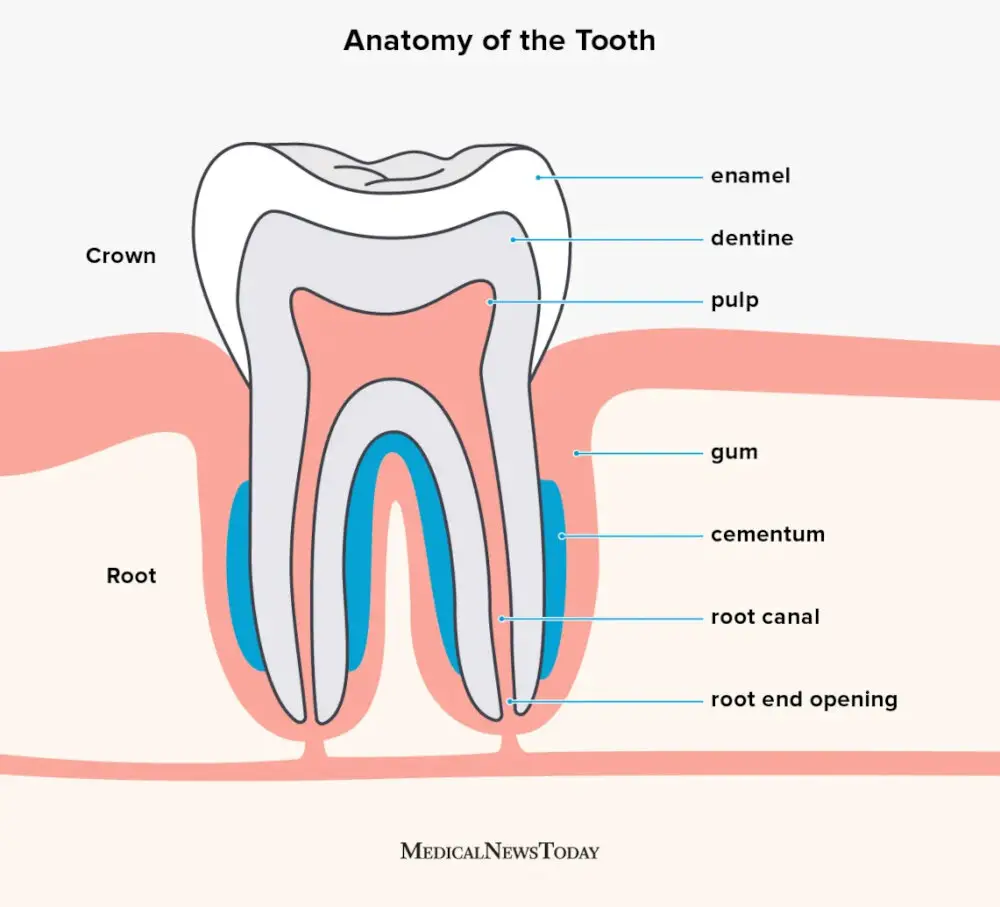
In conclusion, maintaining proper oral hygiene is crucial for overall health, and cleaning your wisdom teeth is an essential part of this process. By following the ultimate guide on how to clean wisdom teeth, you can prevent plaque buildup, tooth decay, and gum disease. It is important to incorporate regular brushing, flossing, and using mouthwash into your daily routine and to consult with your dentist if you experience any issues. Remember, a healthy smile leads to a healthy life, so take care of your wisdom teeth and enjoy the benefits of good oral hygiene.





